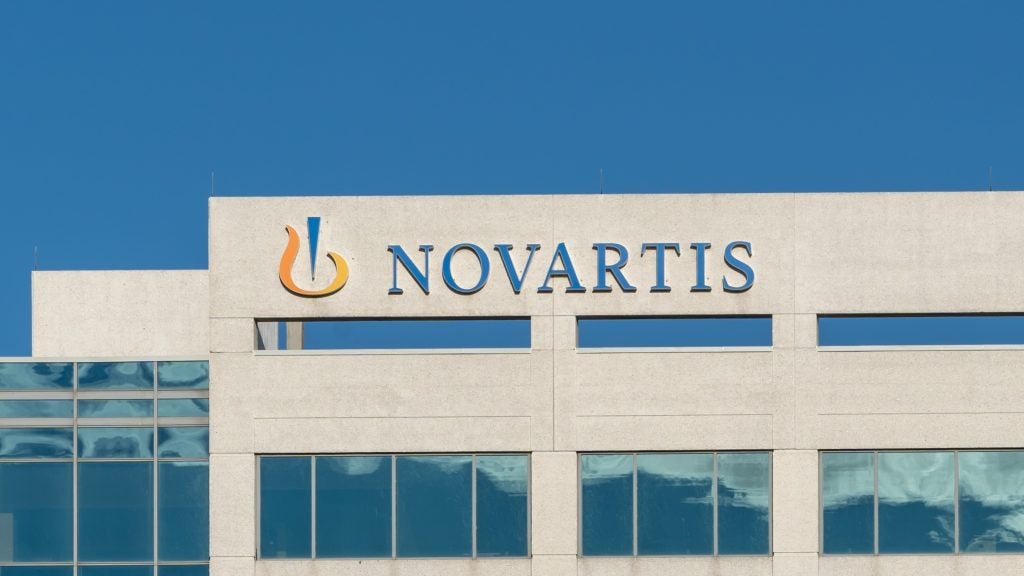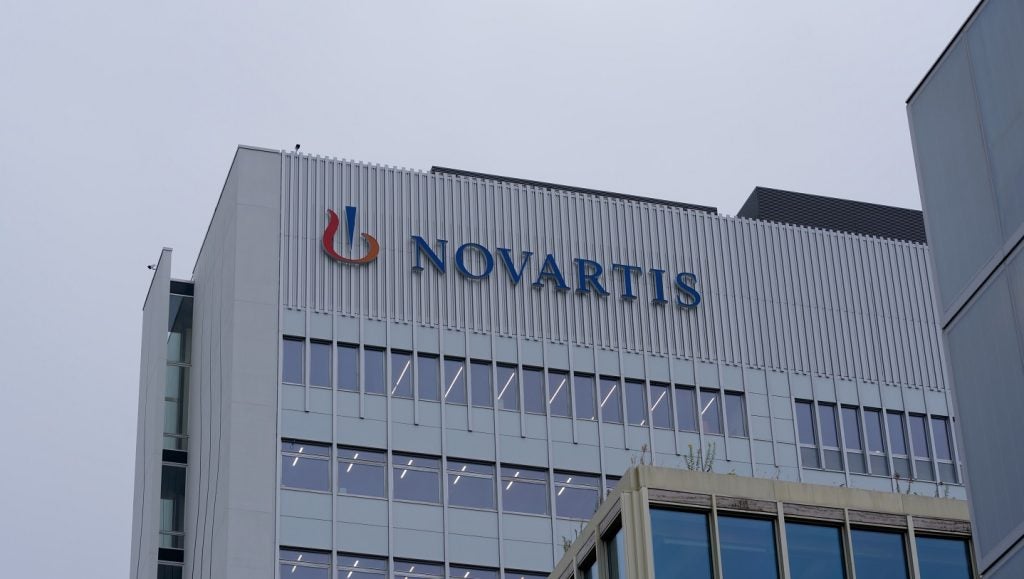
Genentech (Roche) and Novartis’ Xolair (omalizumab) could soon become a treatment option for multiple food allergy reactions after the FDA accepted the drug with priority review.
The supplemental biologics license application (sBLA) accepted by the FDA is for the reduction of allergic reactions, including anaphylaxis, due to accidental exposure to one or more foods in adults and children over one-year-old, based on a 19 December press release.
According to Roche, Xolair could become the first medicine on the market to reduce allergic reactions to multiple foods following accidental exposure. Roche said it expects an FDA decision on approval by Q1 2024.
Xolair was approved by the FDA to treat allergic asthma in 2003 and has been used to treat around 460,000 patients in the US with the condition.
Since 2003, the drug has also had approvals for treating chronic idiopathic urticaria, and nasal polyps, as well as expanding its allergic asthma indication to children.
See Also:
Roche reported Xolair sales of SFr2.2 ($2.6bn) next year.
How well do you really know your competitors?
Access the most comprehensive Company Profiles on the market, powered by GlobalData. Save hours of research. Gain competitive edge.

Thank you!
Your download email will arrive shortly
Not ready to buy yet? Download a free sample
We are confident about the unique quality of our Company Profiles. However, we want you to make the most beneficial decision for your business, so we offer a free sample that you can download by submitting the below form
By GlobalDataIn August 2018, the FDA granted breakthrough therapy designation for Xolair in preventing severe allergic reactions following accidental exposure to multiple foods, expediting the drug’s development and regulatory processes.
The FDA accepted the sBLA based on an interim analysis of 165 children and adolescents from a pivotal Phase III trial sponsored by the National Institutes of Health. The three-stage, multicentre, randomised, double-blind, placebo-controlled study OUtMATCH study (NCT03881696) evaluated Xolair in patients allergic to peanuts and at least two other common foods, including milk, egg, wheat, cashew nuts, hazelnut, or walnut.
Patients in the first part of the study either received Xolair or placebo injections every two weeks or every four weeks for up to five months.
Results from the interim analysis demonstrated that the first stage of the trial, investigating the efficacy of Xolair in decreasing allergic reactions, met its primary endpoint and key secondary endpoints. Compared to Placebo, Xolair significantly increased the amount of allergen needed to cause an allergic reaction.
Xolair is a monoclonal antibody, which inhibits the immunoglobulin E (IgE) proteins that mediate a chemical reaction to allergens. IgE-mediated food allergy is a leading cause of anaphylaxis.
A large portion of the 17 million people in the US who are affected by food allergies have experienced a severe reaction – more than 40% of children and more than 50% of adults. Food-related anaphylaxis results in 30,000 emergency room visits each year in the US. Other reactions include hives and swelling.
Roche’s chief medical officer and head of global product development Levi Garraway said: “Despite the significant and growing health burden from food allergies, treatment advances have been limited. We hope to make Xolair available to as many people as possible living with food allergies in the US.”
In September, Nestlé sold Palforzia (peanut allergen powder) – an FDA-approved immunotherapy for mitigating allergic reactions – citing insufficient demand. The company sold the drug to Stallergenes Greer.
Other developments in the peanut allergy space include Intrommune Therapeutics’ Phase I trial for its allergy therapy delivered as toothpaste, and an allergy patch from DBV Technologies, which met Phase III primary endpoints but requires additional safety data.






